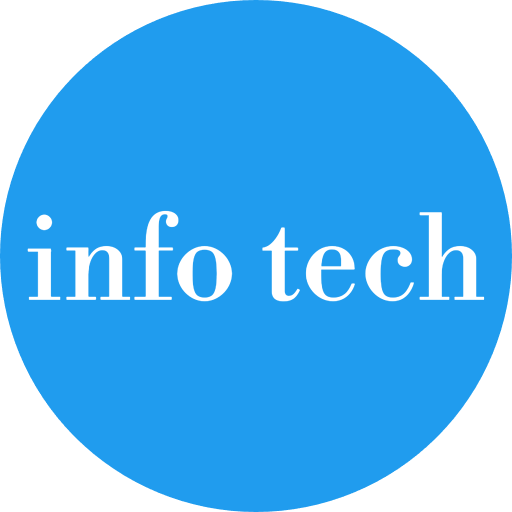Introduction:
Artificial intelligence (AI) is no longer a futuristic concept but a tangible force reshaping our world. At the heart of this transformative revolution are the remarkable tools and technologies that make AI accessible and applicable across diverse sectors. In this article, we will explore the wide-ranging impact of AI tools, how they are driving innovation, and the implications they hold for the future.
The Rise of AI Tools:
Artificial intelligence tools encompass a broad spectrum of applications, ranging from machine learning algorithms and natural language processing to computer vision and robotics. These tools have evolved significantly in recent years, becoming more sophisticated, efficient, and user-friendly. Here's how AI tools are making their presence felt across various domains:
Healthcare: AI tools are revolutionizing healthcare by improving diagnostic accuracy, predicting patient outcomes, and streamlining administrative tasks. Machine learning algorithms can analyze medical images, such as X-rays and MRIs, to detect diseases, while chatbots provide 24/7 patient support.
Finance: In the financial sector, AI tools are enhancing fraud detection, risk assessment, and investment strategies. AI-driven robo-advisors offer personalized financial guidance, and natural language processing enables chatbots to handle customer queries and streamline customer service.
Retail: E-commerce giants are using AI tools to recommend products, optimize supply chains, and improve customer experiences. Recommendation engines analyze user behavior and preferences to suggest products, while inventory management systems utilize AI for efficient stock replenishment.
Manufacturing: AI-powered robotics and automation tools are transforming manufacturing processes. These tools enhance production efficiency, quality control, and predictive maintenance, ultimately reducing costs and increasing productivity.
Education: In the education sector, AI tools are customizing learning experiences through adaptive learning platforms and intelligent tutoring systems. These tools analyze student performance and tailor content to individual needs, making education more accessible and effective.
Customer Service: AI-driven chatbots and virtual assistants are becoming ubiquitous in customer service. They provide immediate responses to customer inquiries, freeing up human agents for more complex tasks and improving response times.
Transportation: Autonomous vehicles are a prime example of AI tools in the transportation sector. AI algorithms enable self-driving cars to navigate roads safely, reducing accidents and traffic congestion.
Content Creation: AI tools can generate written content, create art, and compose music. This has implications for industries like journalism, content marketing, and the arts.
Challenges and Ethical Considerations:
While AI tools hold immense potential, they also come with challenges and ethical considerations. Privacy concerns, algorithmic biases, and job displacement are some of the issues that need to be addressed responsibly. Ensuring transparency, fairness, and accountability in AI development is crucial to mitigate these challenges.
The Future of AI Tools
As AI continues to advance, the future of AI tools looks promising. Here are some trends and possibilities:
Explainable AI: AI tools will become more transparent and interpretable, enabling users to understand how decisions are made.
AI Ethics: Ethical considerations in AI development will receive greater attention, leading to more responsible AI tools.
AI in Edge Computing: AI tools will increasingly be deployed at the edge (on devices) rather than in centralized data centers, improving speed and efficiency.
AI in Natural Language Understanding: AI tools will become better at understanding context, sarcasm, and nuanced human language.
AI in Scientific Research: AI tools will assist scientists in accelerating research and making discoveries in fields like medicine, materials science, and climate modeling.



0 Comments